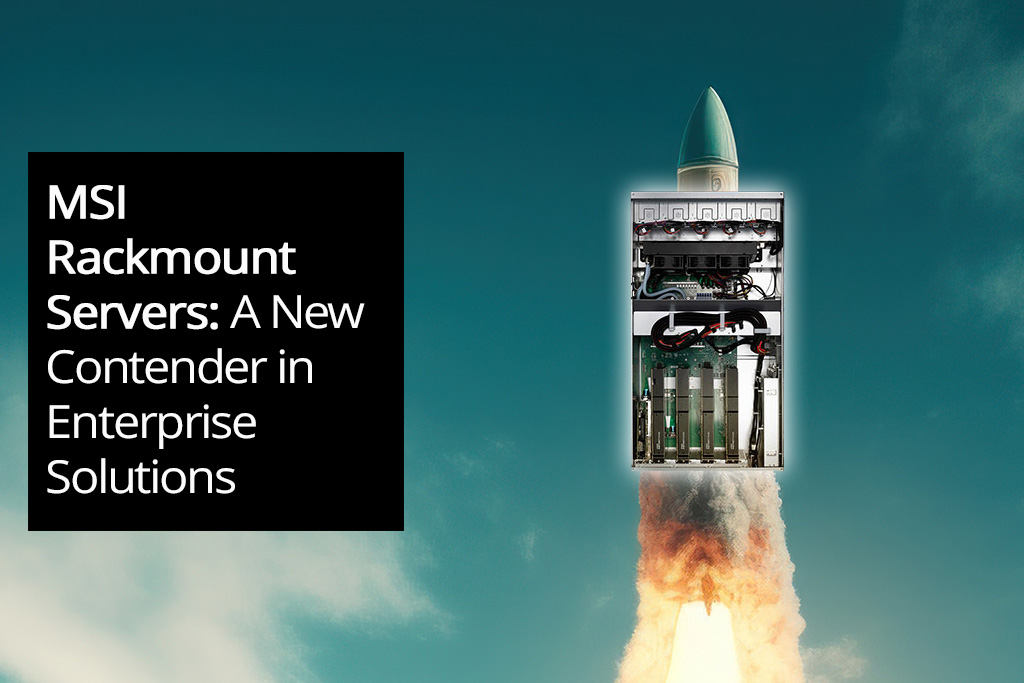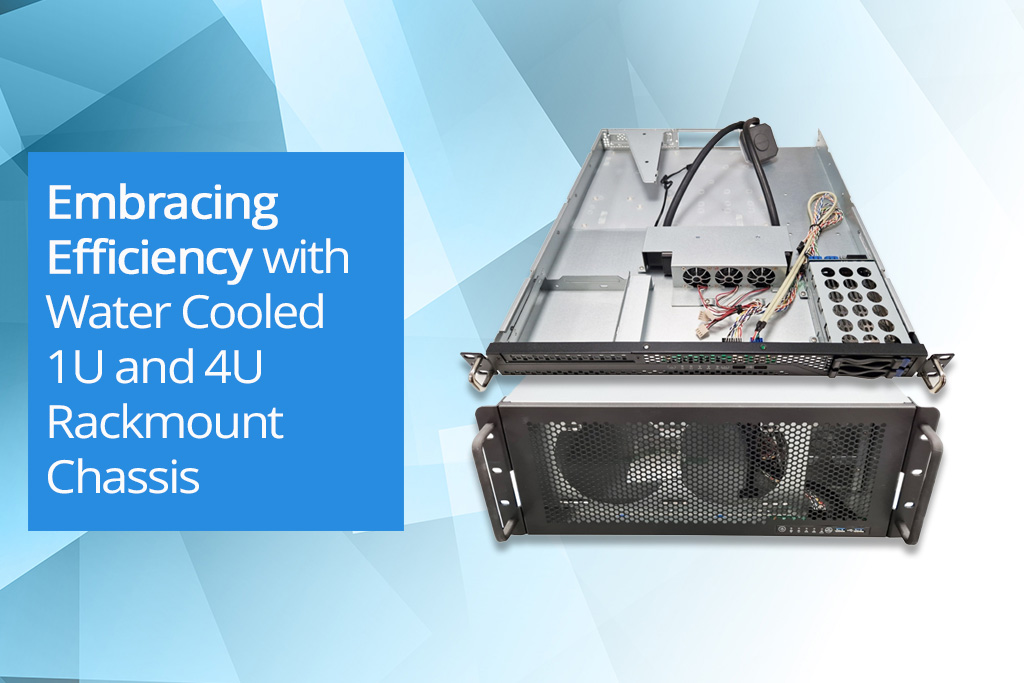On-Site Servers vs Hosting
One thing most businesses will need as they grow is a reliable server, to store their businesses files and applications. When this need arises, whether it be for expansion purposes or a new business starting up, there is a key question: Do we purchase a server and have it onsite, or use one elsewhere through the cloud? Today I am going to offer information on both these options and compare them on a few key factors.
An on-site server is one which you have outright purchased or have rented/leased that is fully dedicated to being used by your business. This is a case of capital expenditure if the server is outright purchased, and operating expenditure if it is rented, which are certainly important to consider with your purchasing team. Now to look at a few advantages of having your own physical server dedicated to your business…
The security you get from having your own server at your business or nearby is unparalleled. You have, and maintain, control over your company’s data and important documents. This is a sense of security you won’t feel when your data is being held online by someone else. Additionally, the scalability of onsite servers means you can upgrade your server specs, including storage, when you need to. Your business benefits from having a geographically nearby server by experiencing very low latency and having faster response times because each input doesn’t have to travel very far. The server may take advantage of a LAN network within your business to achieve this performance.
Despite these advantages, on-site servers aren’t perfect. Their effectiveness partially relies on your team. While technicians can keep the server running on a technical level, your team needs to back the server up on a regular basis to protect the latest versions of your documents and data. Also, the security of on-site servers, while wholly secure against remote connections, are ultimately only as secure as the place which it is held. There is always the possibility your server could be damaged beyond repair or stolen. Your team wouldn’t be able to come in the next day and remotely access all their data; it is gone.
Aside from the technical disadvantages, the costs of having a server add up too. You’ll need specialist technicians to perform maintenance and update software every-so-often, unless your business is prepared to fix any issues themselves. You’ll need a safe, cool room to place the server in, due to the importance of the data on it, and the large amount of heat the system could produce. The energy cost will also be something to consider, especially on days when employees aren’t there using the server, like weekends or holidays.
Hosting a server means your business makes a recurring payment to a 3rd- party in exchange for them letting your business store its data on storage hardware at a remote location, like a data centre. This is essentially what cloud storage is.
The first and most significant advantage of your business using a hosted server is the scalability, which is vast and requires little effort from you. Simply contact the 3rd party, request more storage, negotiate a price and they can upgrade it. You won’t have to go and purchase new components yourself to accommodate any expansions you want to make, which saves capital over time. The money saved can then be reinvested into the business.
With hosted servers, you save both space in your facility and expenses of accommodating a server if you use a hosted server. This also applied to the energy you will need to operate it, which is a crucial factor to consider when having this debate if your business has a strong commitment to corporate social responsibility.
Since all the data is hosted, your workers can access it remotely, giving them the freedom to work where they want. If anything happens to your data, the third party can retrieve it from backups that have made, which should give you peace of mind regarding security concerns. That data can’t easily be lost or stolen, and even it is, the 3rd party is responsible, rather than you.
This leads us to a potential drawback of using a hosted server in that you must be careful with whom you are storing all this information. Some of it will be sensitive, and you won’t want the wrong people gaining access. Ensure you are fully confident in the ability of the 3rd party you are using. Another small issue is that having a hosted server means you’ll need a constant internet connection to access it, which may become an issue for smaller businesses or those without a stable and reliable internet connection.
Server Case UK group supplies on-site servers to multiple vertical markets whilst also having the capacity to fulfil your hosted requirements, including backup software and firewalls. Contact us via one of the methods below and one of our knowledgeable team will help you get the bespoke solution your business needs:
Telephone: 01283 576162
Email: [email protected]
Website: https://www.servercase.co.uk/contact-us/






Facebook
YouTube
LinkedIn
Instagram
Call us today on 01283 576162 to talk directly to one of our server specialists
Who we are
Europe's specialist value added distributor of server chassis, server components and server systems.
Server Case is a specialist server chassis distributor based here in the United Kingdom, with an extensive range of 19” rackmount cases built to suit a variety of environments; including remote industrial servers and everything in between. Furthermore, our distribution partnerships have allowed us to develop and deliver Server Barebones and fully configured systems to the vast IT Channel and Enterprise customers.
Latest Blog
MSI Rackmount Servers: A New Contender in Enterprise Solutions
Posted on: 2nd Aug 2024
The landscape of enterprise computing continues to evolve, with companies like MSI, ASUS, and Supermicro offering robust server solutions tailored to various needs. Among the latest contenders in this space are MSI's new rackmount servers, part of their MSI Enterprise Platform Solutions. These servers are designed to meet the demanding requirements of modern enterprises, providing an appealing alt... [...] Read more
Latest Video
View more of our reviews, unboxing and installation videos on YouTube.
Business Links
Site Information